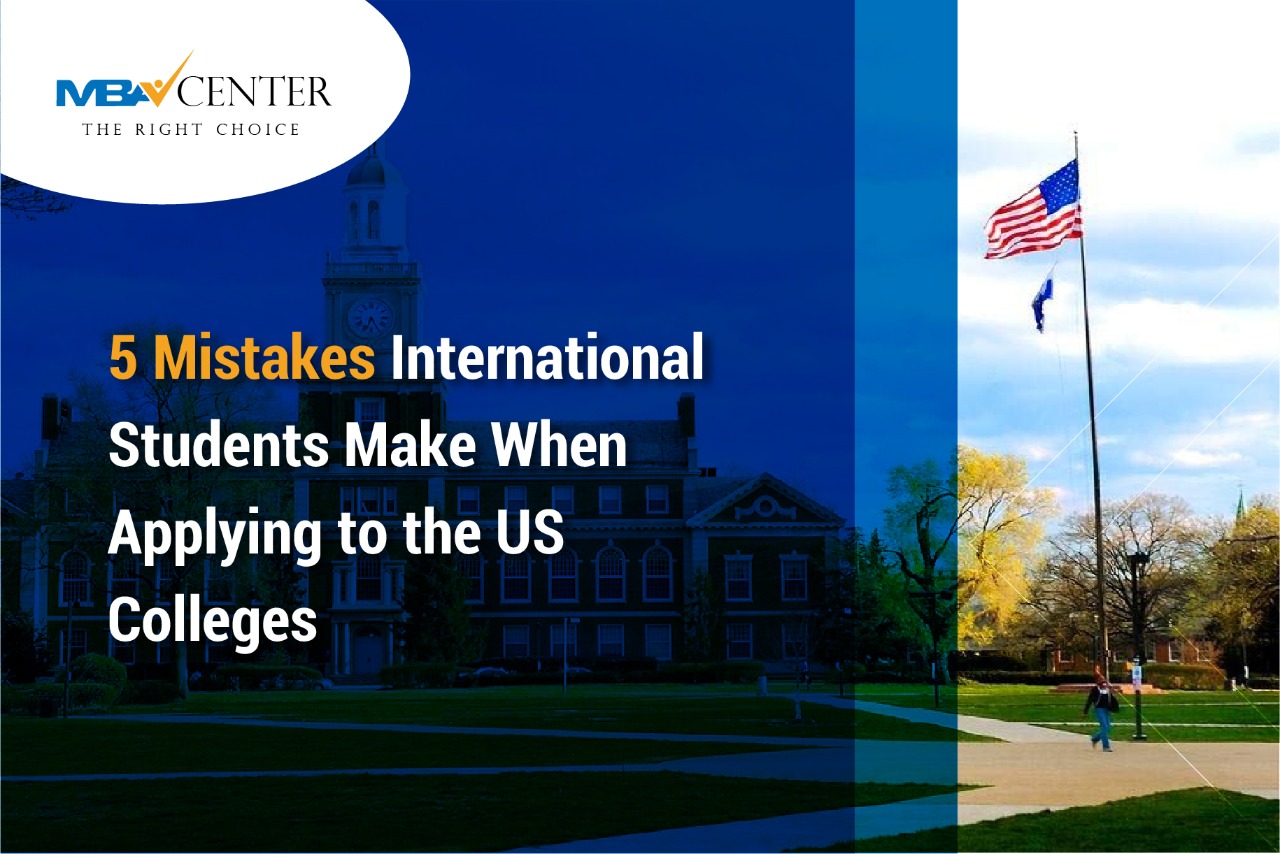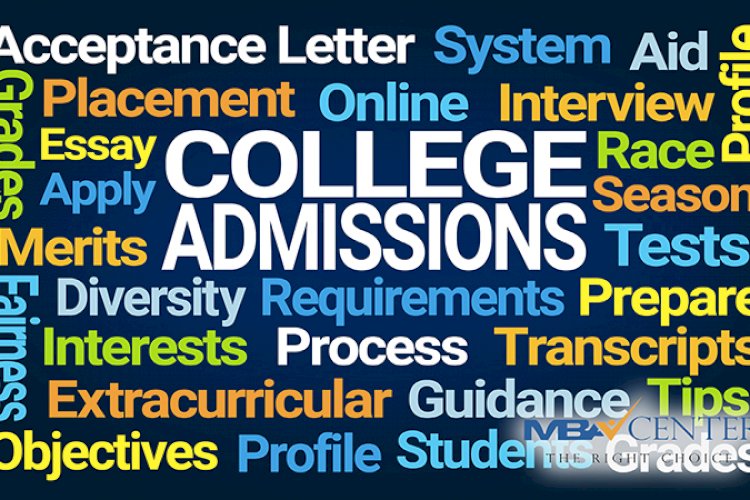
Some institutions in the United States are simpler to get into than others for international students. According to the study, the average admission percentage for overseas students for fall 2020 was 43.8 percent among the 117 ranked National Universities that received at least 500 international applicants.
College admissions officers are seeking individuals who have a keen interest in a variety of academic subjects as well as non-academic extracurricular activities. So it's not enough to just have excellent grades and exam scores; you must also have a genuine interest in the subject and have achieved some remarkable accomplishments in that area.
Students in American schools are graded using the Grade Point Average system. Because US institutions may have difficulty evaluating your grades as a foreign student, your SAT scores will be more important. In the United States, there are no minimum academic standards for all colleges. However, there are a number of factors to consider while applying for the schools. So, what blunders do overseas students make while applying to institutions in the United States?
-
Putting yourself forward as a well-rounded individual
To get into a quality college, good grades and well-rounded extracurriculars are no longer enough. This is because you're up against a slew of other qualified candidates with very comparable backgrounds. According to the Institute of International Education's most recent annual Open Doors Report, the number of international students in higher education has climbed by 73 percent in the last decade and by 10% last year alone, the fastest yearly increase ever.
The goal is to stand out from the crowd. Students who are accomplished and interested in a wide range of subjects yet have a specific depth in one area of genuine enthusiasm are sought after by selective universities.
-
Only applying to well-known American colleges and universities
Experts advise international students to look into a variety of schools. Applying to solely well-known American schools and institutions is a huge error. International students who only apply to well-known colleges and universities miss out on hundreds of schools that offer excellent undergraduate programs. International students must broaden their horizons and make a well-balanced college list.
-
Waiting too long to start preparing for the test
It can get in you trouble if you are deciding to give the test in the end of your application. So start studying for the GMAT six to eight months before the deadline for your application. This will give you ample time to prepare, retake the exam if necessary, and finish the remainder of your application papers before the deadline.
-
Lacking a distinct sense of purpose.
If you don't have experience in a field that you truly care about, your application will be less appealing to institutions. Admissions officers from colleges are seeking individuals who have a keen interest in a variety of academic subjects as well as extracurricular activities. It's not enough to just have good grades and scores; you must also have a genuine interest in the subject and have achieved some remarkable accomplishments in that area.
The majority of them simply do not take the time to properly reflect and sort it out, and no one is encouraging them to do so. Take some time in high school to figure out what academic and non-academic topics you are most interested in, and then make time to pursue them further.
-
Not looking for international student college scholarships or grants.
International students should always keep an eye on scholarship and grant options in advance, including prerequisites and deadlines, according to experts.
Students should start looking for scholarships and grants the summer before their senior year, though finding financial aid as an overseas student might be difficult. Financial aid is available at many different colleges and universities. However, financial aid may be restricted and may not entirely cover tuition and costs.
-
Not completing any further requirements after the final submission.
After submitting an application, experts advise students to keep an eye out for emails from institutions, including checking spam and trash folders as well as online portals. Students may be contacted by schools about missing documents or other important information. If you are not active, your application may be withdrawn or labeled as incomplete.
Colleges frequently ask applicants for additional information or context, and some selective programs may interview final candidates or invite them to merit interviews.
Having the most complete application allows the student to exhibit themselves in the best light possible. Experts advise providing any optional components of an application that may be useful, such as an additional essay or a music or art supplement.
Also read: How do you demonstrate leadership in an MBA application?
 MBA Center Global
MBA Center Global 
























